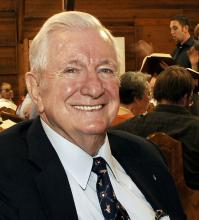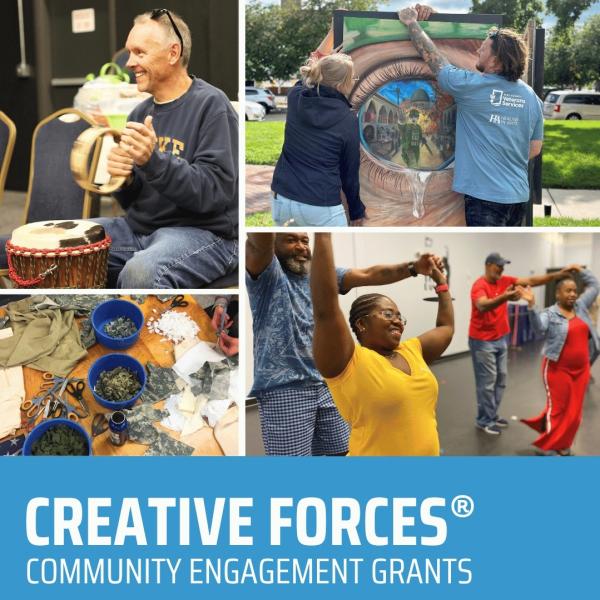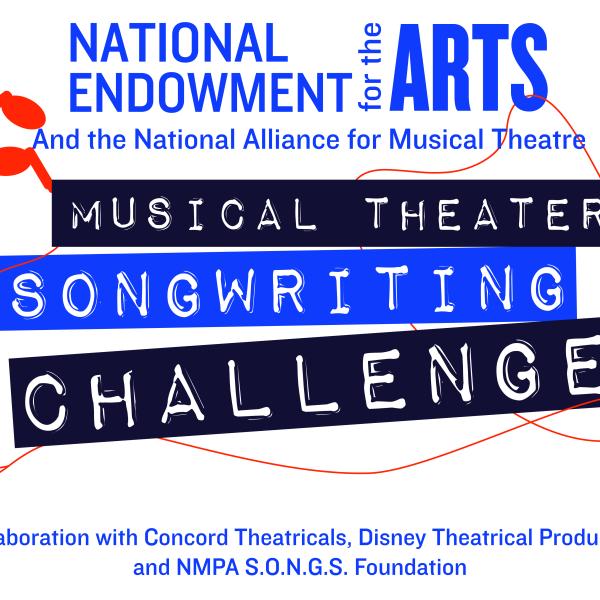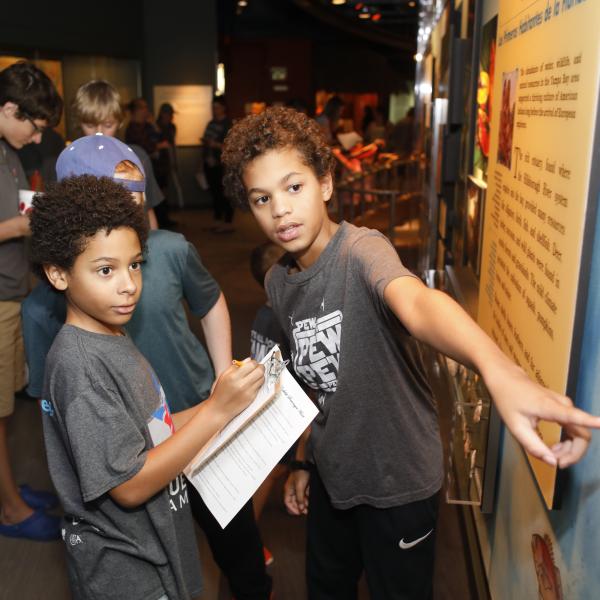National Endowment for the Arts Statement on the Death of Hugh McGraw, 1982 NEA National Heritage Fellow
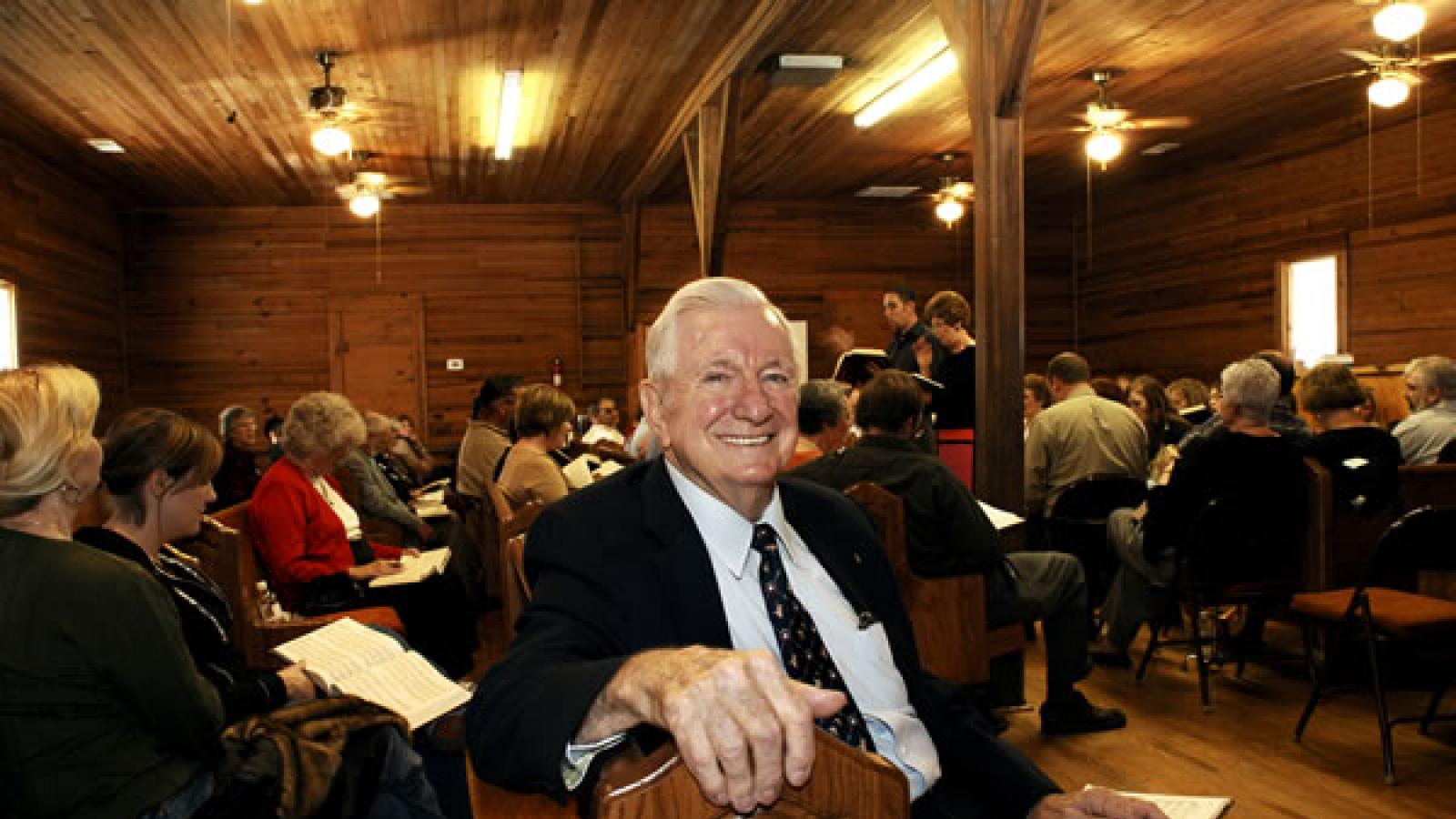
It is with great sadness that the National Endowment for the Arts acknowledges the death of shape note singer Hugh McGraw. McGraw was in the first class of recipients of the NEA National Heritage Fellowship -– the nation’s highest honor in the folk and traditional arts -– in 1982.
Hugh McGraw was born February 20, 1931, in Central Hatchee in Herd County, Georgia. McGraw's parents introduced him to shape note singing: "The McGraw family has been involved in Sacred Harp music for well over a hundred years," he said, "but I didn't get involved until I was 25 years old. I'd go to a singing with my mother and father, but I thought it was more important to stay outside and play in the spring and run around the house than it was to learn this tradition." In 1952, McGraw changed his mind. "I walked into a singing — after I was done married and had a family. And I heard this music, and something just petrified me. Says you got to do your thing. So I began studying and teaching, composing, and singing this music all over the country."
Several generations of McGraw's family have taken part in the Sacred Harp tradition, but none with more enthusiasm and skill than Hugh. He taught many singing schools and organized singers to revive the tradition in their own communities. In addition, he helped groups of Sacred Harp singers travel to national festivals and helped to establish singing and conventions in many states.
To support his family, McGraw worked as the manager of a Bremen clothing manufacturing plant, but in his free time he served as executive secretary and treasurer of the Sacred Harp Publishing Company from 1958-2002. In 1991 he was the inspiration for the revision of the Sacred Harp songbook. For the revision, he convened a committee of Alabama and Georgia singers and coordinated the addition of a number of songs; some were recently composed; others were selected from older books. The committee solicited and reviewed this material, then chose 60 songs, 37 of which were written by authors who were then alive.
For McGraw, the preservation of music and community was integral to his life. "A lot of people don't sing this old music because it's 'old fogey.' You know 'old fogey' means a caretaker. A caretaker preserving something that's worth preserving. And that's what we're trying to do in preserving this music, our national heritage."
For more information about Hugh McGraw, visit arts.gov.
Related Content
Contact
NEA Public Affairs
202-682-5570


